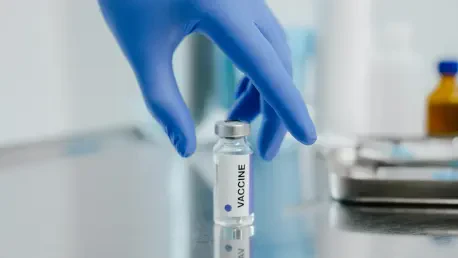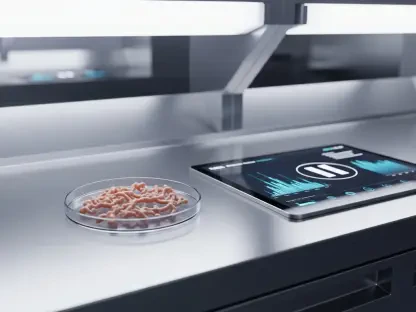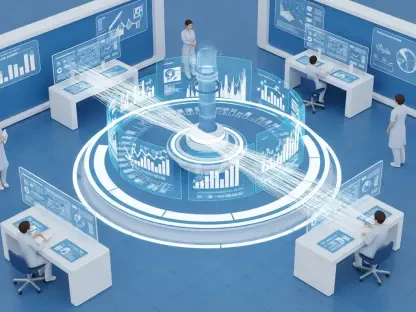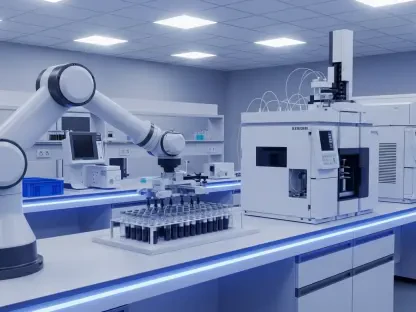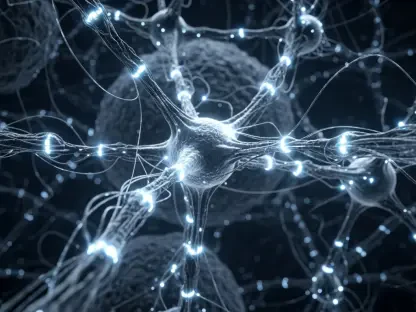Glioblastoma is an aggressive form of brain cancer with a median survival rate of just nine months post-diagnosis. This grim statistic raises important questions about the effectiveness of current treatments and the desperate need for new approaches. Consider the journey of many patients, whose hopes and dreams are challenged by this formidable disease, igniting an urgent call for innovative solutions.
The Need for New Treatment
Glioblastoma presents unique challenges in medical science due to its aggressive nature and rapid progression. The tumor intricately interweaves with healthy brain tissues, making surgical intervention difficult and often incomplete. Traditional therapies such as chemotherapy and radiation may offer temporary relief but fail to significantly extend patient survival. The impact on patients and their families is profound, leaving many feeling overwhelmed and desperate for more effective treatments.
Journey of Hope: The Win-Glio Trial
In response to this unmet need, the Win-Glio trial is poised to revolutionize the treatment landscape for glioblastoma. Led by Dr. Paul Mulholland at the UCL Cancer Institute, the trial aims to recruit 16 patients over an 18-month period. At its core, the study investigates the immunotherapy drug ipilimumab, proposing that administering it prior to conventional cancer treatments may bolster the immune system. This timing could harness patients’ healthier immune states to fight the cancer more effectively. Ben Trotman’s experience in the earlier NeAT-GLIO trial, where he remains tumor-free years later, provides a personal testament to the potential of this approach.
Insights from Experts and Advocates
Dr. Paul Mulholland reflects optimistically on the potential for early immunotherapy to change the prognosis for glioblastoma patients. Such innovative approaches require collaboration across disciplines, bringing together healthcare professionals, researchers, and those in the pharmaceutical industry. Dame Siobhain McDonagh has been instrumental in fundraising for the Win-Glio trial, championing her sister’s legacy and raising over £1 million to support research that may save lives.
Building Future Treatment Paradigms
If successful, findings from the Win-Glio trial could redefine treatment paradigms in brain cancer care, influencing how oncologists approach early immunotherapy. Practical steps available for patients interested in these advancements involve discussing trial participation with their healthcare providers. Supporting ongoing research, whether through advocacy or funding, presents opportunities for individuals to contribute to pivotal medical breakthroughs.
Moving Toward Change
As the Win-Glio trial develops, it heralds a potential shift in the way glioblastoma is treated. Through collaboration and innovation, scientists and healthcare professionals lay the groundwork for treatments that could transform patient outcomes. By actively engaging with new research and supporting such initiatives, those affected by glioblastoma may find themselves one step closer to hope and healing, promising a brighter future against this devastating disease.
